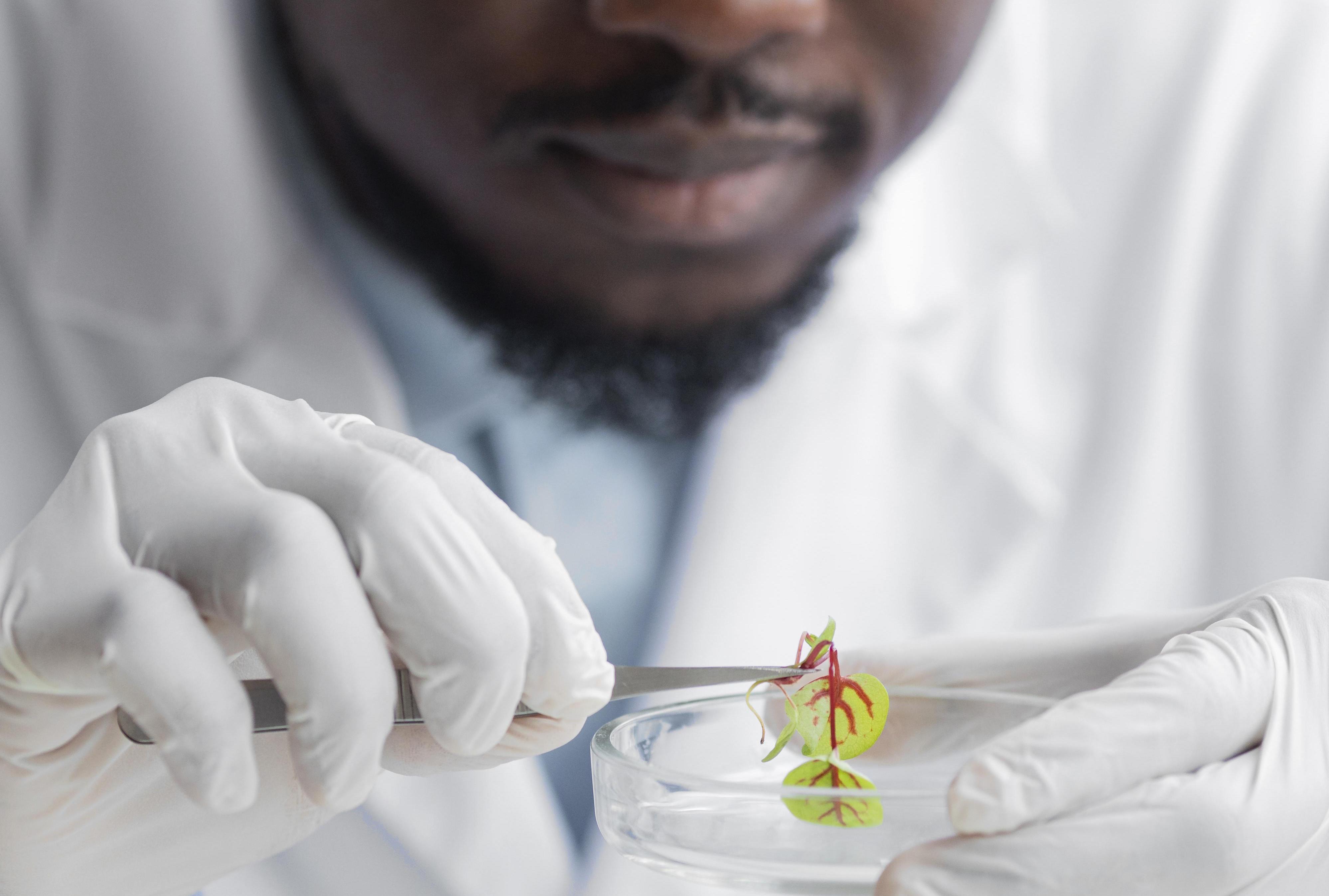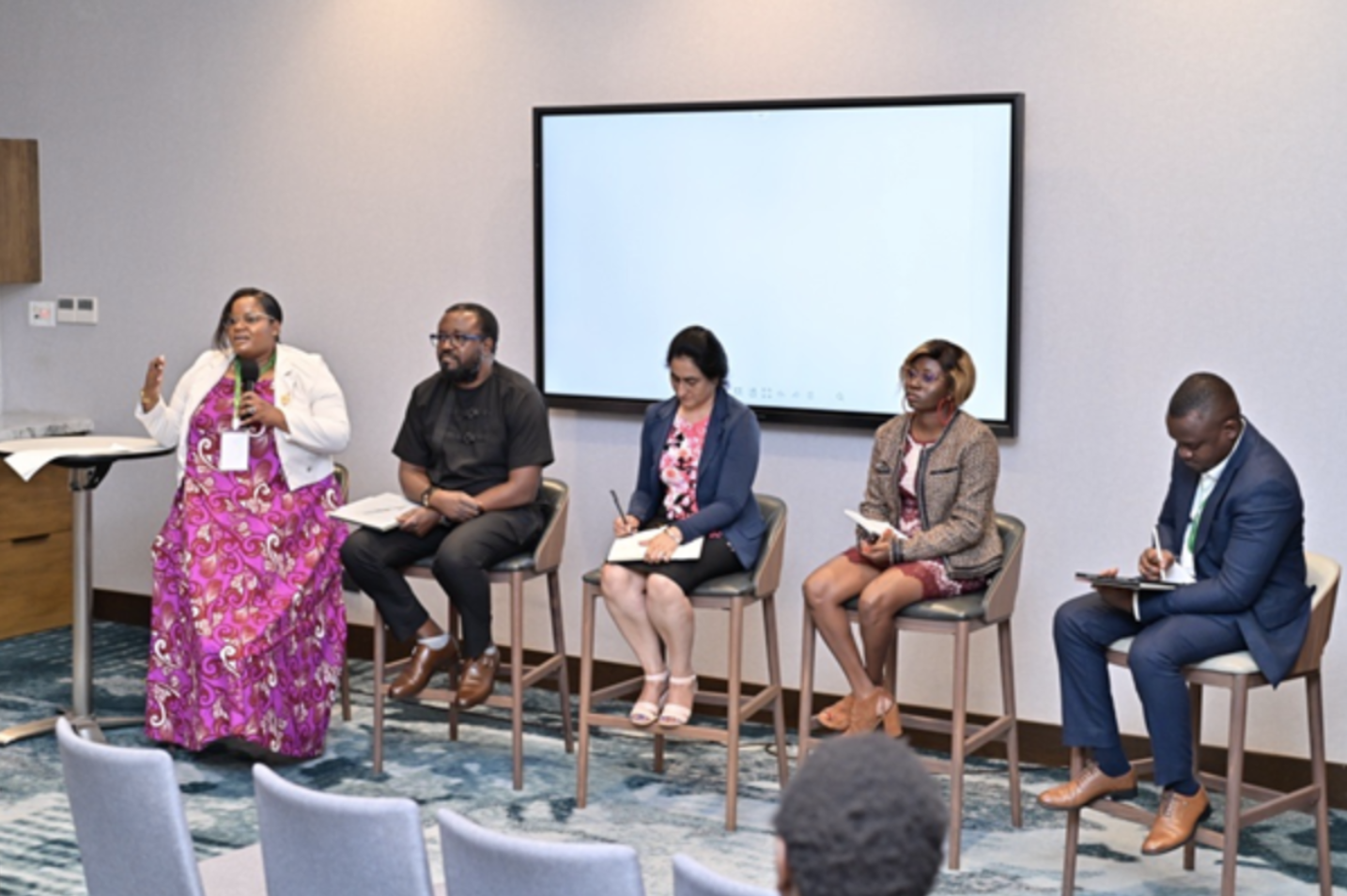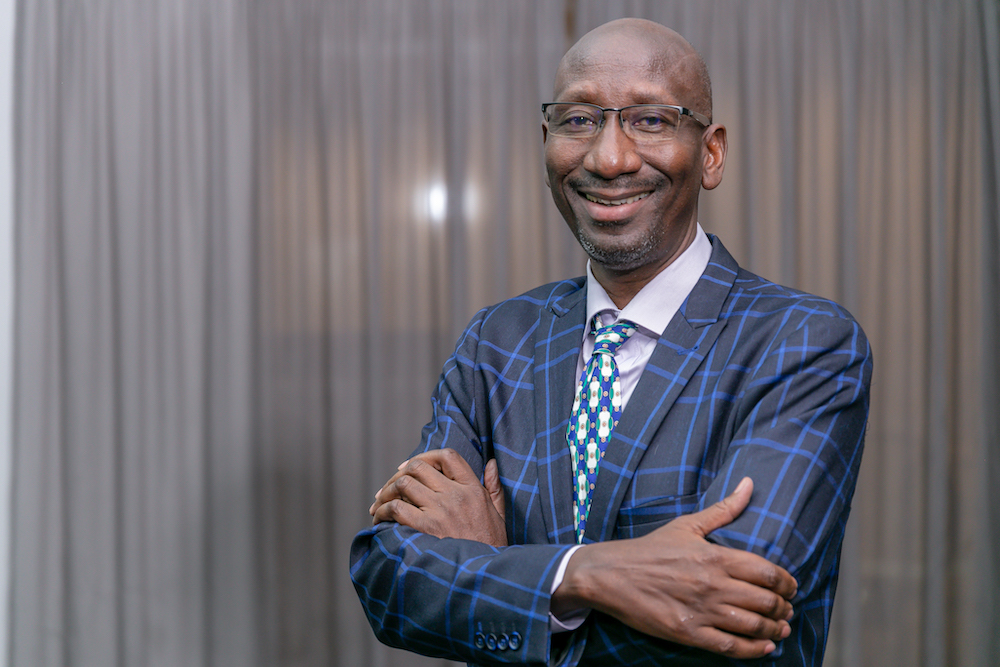
Impact Stories
DELTAS Africa: A hub and spoke model of funding research
Monday, April 24, 2023

By Dr Alphonsus Neba
Developing Excellence in Leadership, Training, and Science in Africa (DELTAS Africa) is a long-term, multimillion-dollar programme introduced in 2015 to support consortia led by African scientists collaborating on world-class research, and training others to be scientific leaders on the continent, while strengthening African institutions. The goal of DELTAS Africa is to support researchers who drive locally relevant and high-quality health research that impacts science, policy and practice in Africa, and to improve health and development on the continent and globally. DELTAS Africa Phase II was launched on March 14, 2023, with the continued support of Phase I funders Wellcome and the UK Foreign Commonwealth and Development Office (FCDO). DELTAS Africa II includes 14 consortia led by nine African countries. In all, 75 institutions participate in DELTAS Africa Phase II from across 36 African countries. Alphonsus Neba, Deputy Director of Programmes at Science for Africa Foundation (SFA Foundation), who also serves as Programme Manager for DELTAS Africa, explains the importance of DELTAS Africa.
DELTAS Africa is built on a hub-and-spoke model in which a lead institution (hub) collaborates with institutions in other countries (spokes) – together, these teams apply for large research grants and implement long-term scientific research programmes. The hub institution is typically already well-established, with experience in systems management, policymaking and research oversight. The team leader is a globally competitive researcher in a specialised science discipline. Partner institutions implement sub-projects that contribute to programme objectives, with funding management from the lead institution. Partner institutions may contribute mentorship and supervision capabilities, skills in specialised equipment or technologies, data analysis, techniques and/or access to laboratories. This hub-and-spoke model drives strong, collaborative research environments within Africa and beyond, networking opportunities for researchers and trainees, access to pooled resources, and opportunities to synergise efforts and budgets. The lead/partner institutional structure enables established entities to contribute to the competitiveness of their partner institutions as DELTAS Africa II emphasis is on intra-African collaboration, engagement and partnership between institutions that are relatively well-resourced and those that are low-resourced. This encourages the distribution of resources across the continent to meet national R&D and development agendas.
DELTAS Africa Phase I (2015-2022), funded 11 consortia among institutions in sub–Saharan Africa and the Global North. Total funding was USD100 million, provided by Wellcome and FCDO. It succeeded in contributing to the research ecosystem in Africa, producing a critical mass of globally competitive research leaders who have gone on to established careers in various fields across the continent and globally, made major contributions to policy on the continent and worldwide, grew research infrastructure in partner institutions and made substantial contributions to the peer-reviewed literature in science, health and innovation. The standard of excellence established by DELTAS Africa Phase I provides a strong foundation for DELTAS Africa Phase II. Despite financial pressures on global research funders, the SFA Foundation’s funding partners chose to commit almost USD $70 million to build on and broaden the scope in Phase II, adding components in the social sciences and humanities and including climate sciences. Phase II’s 14 consortia are funded over four years, including 9 that won continued funding based on outstanding performance in Phase I. Moreover, Phase II explicitly encourages multidisciplinary and cross-disciplinary research to leverage researchers’ ability to address some of the longstanding challenges facing the continent including communicable and non-communicable diseases, mental health, and one health/animal-human diseases. Phase II reaches beyond sub-Saharan Africa, with participants from North Africa and Lusophone countries. The balance of excellence and equity continues as a central theme in DELTAS Africa Phase II. One-third of consortia leaders are women.
DELTAS Africa Phase II makes a substantial contribution to building a cohort of first-rate scientists in Africa, projected to support 200 PhD-level researchers, 111 postdoctoral fellows and 80 senior research fellows from across Africa. This brain trust will be rigorously productive over four years, creating environments and career pathways in research and innovation as well as contributing to academic teaching and publishing.
The quality and reach of DELTAS Africa Phase II teams promise to make outstanding, sustainable contributions to African and Northern hemisphere universities and other research institutions, international charitable organizations, development agencies, funding partners such as Wellcome and FCDO, African governments and individuals in Africa and across the world. We believe that DELTAS Africa provides a model for science collaboration and excellence across the continent that will transform Africa’s health, economy and development.



